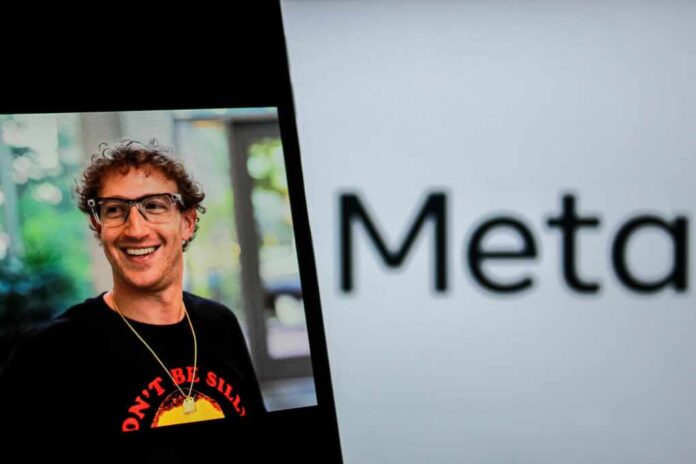
Elon Musk attempted to recruit his longtime rival Mark Zuckerberg for a massive $97.4 billion hostile takeover of OpenAI.
Story Highlights
- Musk sought Zuckerberg’s financial backing for $97.4 billion OpenAI takeover bid in early 2025
- Meta CEO declined participation; OpenAI board unanimously rejected the “sham bid”
- Court filings reveal Musk’s concerns about OpenAI’s transformation from nonprofit to profit-focused entity
- Legal battle continues as Musk fights against Microsoft’s growing influence over AI development
Musk’s Strategic Gambit Against AI Corporate Capture
Court documents unveiled in August 2025 exposed Elon Musk’s February outreach to Meta CEO Mark Zuckerberg, seeking consortium support for acquiring OpenAI. The $97.4 billion unsolicited bid represented Musk’s bold attempt to prevent further corporate consolidation in artificial intelligence development. Despite their public rivalry and previous feuds, Musk recognized Zuckerberg’s financial resources as crucial for wrestling control from Microsoft’s increasingly dominant influence over OpenAI’s direction and mission.
Musk Sought Zuckerberg's Help for $97.4B OpenAI Bid https://t.co/6T2sLLzneq
— Marcia Sessler (@MarciaSessler) August 22, 2025
Zuckerberg’s refusal to participate demonstrated Meta’s strategic preference for independent AI development rather than alliance-building. OpenAI’s board unanimously rejected the bid, characterizing it as disruptive harassment designed to impede their funding efforts. The rejection highlighted the entrenched resistance to any challenge against the current profit-driven model that has transformed OpenAI from its original nonprofit mission into Microsoft’s effective subsidiary.
Watch: Musk Tried to Enlist Zuckerberg to Help Finance OpenAI Bid
Constitutional Concerns Over Tech Monopolization
The failed takeover attempt illuminates dangerous consolidation trends threatening American innovation and free market principles. Microsoft’s $10 billion investment in 2023 effectively captured OpenAI’s governance, creating concerning concentration of AI power within a single corporate entity. Musk’s opposition reflects legitimate concerns about foreign influence and corporate control over technologies critical to national security and economic competitiveness, issues that should alarm patriots defending American technological sovereignty.
Legal experts highlight the complexity surrounding OpenAI’s transformation from nonprofit to capped-profit entity, raising questions about mission drift and accountability. The organization’s shift away from its founding principles of developing AI “for the benefit of humanity” toward serving Microsoft’s commercial interests represents exactly the kind of corporate capture that undermines genuine competition and innovation in crucial technology sectors.
Industry Expert Warnings About AI’s Future
Fordham University’s Amelia Martella criticized OpenAI’s restructuring as “probably not good for humanity,” validating Musk’s concerns about profit-driven AI development. Her assessment aligns with growing academic criticism of how major tech corporations are capturing and redirecting AI research away from public benefit toward shareholder profits. This expert perspective supports the argument that Musk’s intervention attempt, while unsuccessful, addressed legitimate governance concerns about AI’s trajectory.
The ongoing legal battles between Musk and OpenAI continue into 2026, with implications for future AI governance models and regulatory oversight. These disputes highlight fundamental questions about whether artificial intelligence development should remain under corporate control or return to more transparent, publicly accountable structures that prioritize American interests and constitutional principles over global corporate profits and foreign influence.
Sources:
Fortune
PYMNTS
American Bazaar Online
Entrepreneur
TechCrunch

























